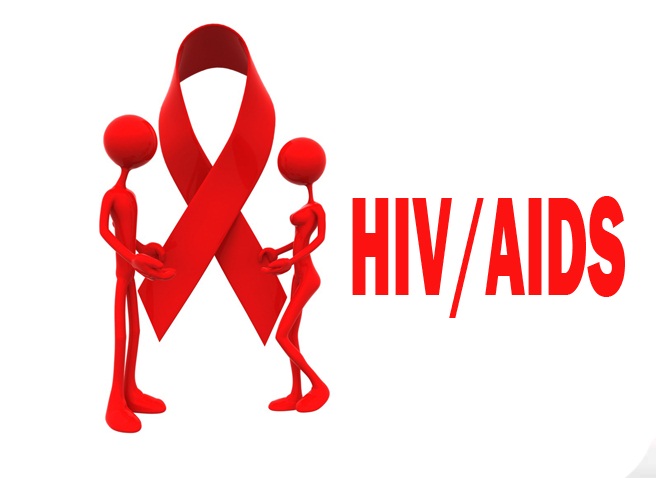The Network of People Living with
HIV/AIDS in Nigeria (NEPWHAN) says self-stigma is more destructive to people living with HIV than the condition itself.
The National Coordinator of the network, Mr Abdulkadir Ibrahim, told the News Agency of Nigeria (NAN) in Abuja on Sunday that it was the major reason many people living with the virus default from treatments.
The coordinator spoke against the backdrop of the World AIDS Day, annually celebrated on Dec. 1.
since 1988.
It is an international observance day dedicated to raising awareness about the AIDS pandemic, caused by the spread of HIV infection, and mourning those who died of the condition.
The NEPWHAN leader, who called for the incorporation of mental health services in the National HIV Programme, said it was imperative to rescue people living with the virus from the dangers of self-stigma.
Self stigma represents the prejudice and discrimination directed at a group by the larger population and occurs when people internalise these public attitudes and suffer numerous negative consequences as a result.
Some of the effects of stigma include feeling of shame, hopelessness and isolation, reluctance to ask for help or get treatment, lack of understanding by family, friends and others.
Some other effects of stigma are fewer opportunities for employment or social interaction, bullying, physical violence or harassment.
The coordinator added that “the issue of self-stigma is hardly talked about and that is even more destructive; it is the major reason people living with HIV default in their treatment; most positive people suspect that other people will shy away from them when they find out their status.”
He, therefore, stressed the need for increased counselling and mental health, saying it would make people living with the virus to become co-managers of their health.
According to him, mental health problems among people living with HIV is the new epidemic and must be dealt with squarely.
Ibrahim announced plan by the society to set up a monitoring system that would capture and report cases of stigma and discrimination in health facilities.
He promised that any identified case would be used to send a strong warning to others, adding that “a lot of people living with HIV, especially women and girls, are being traumatised because of stigma.”




 Premier League
Premier League